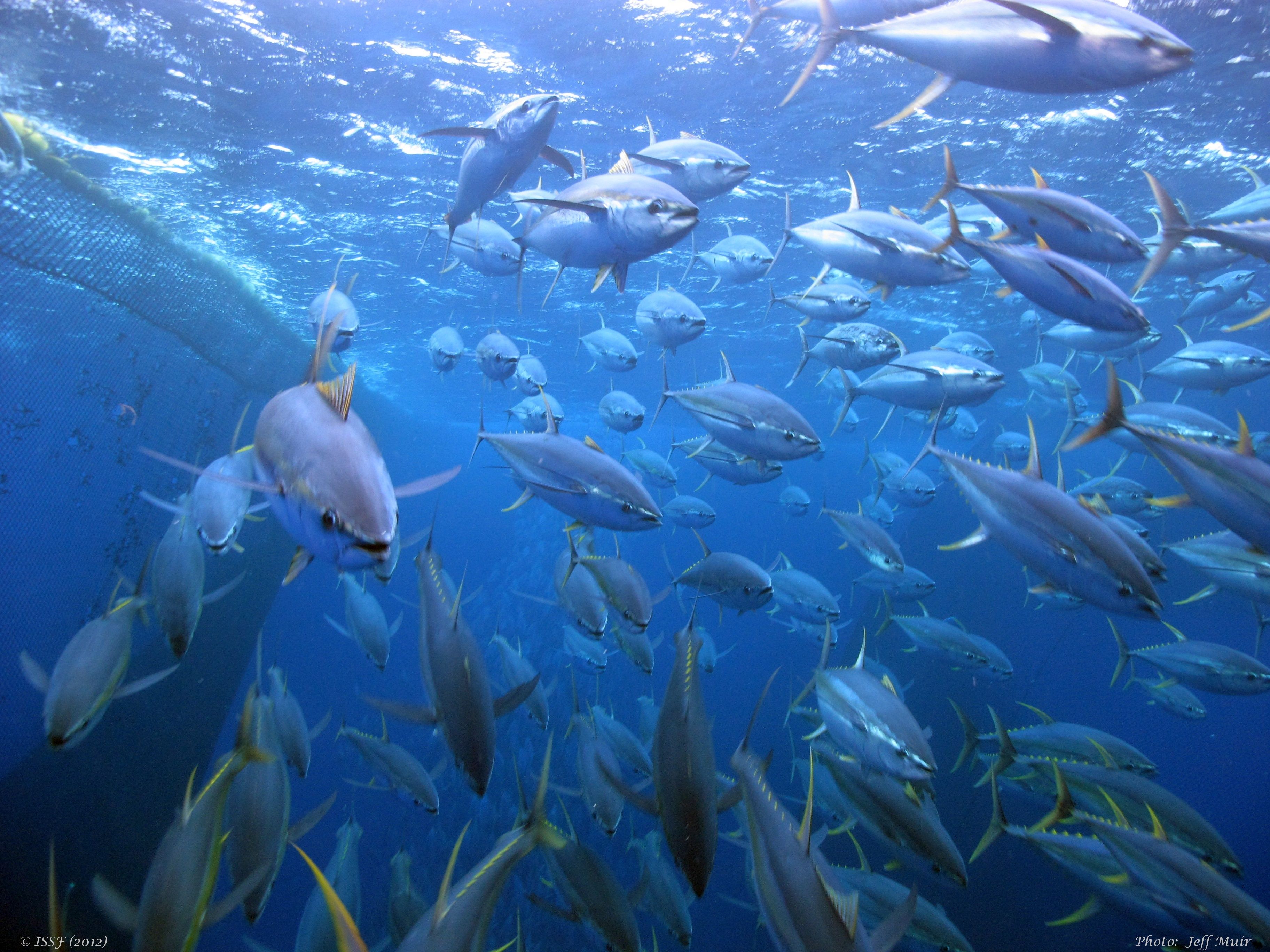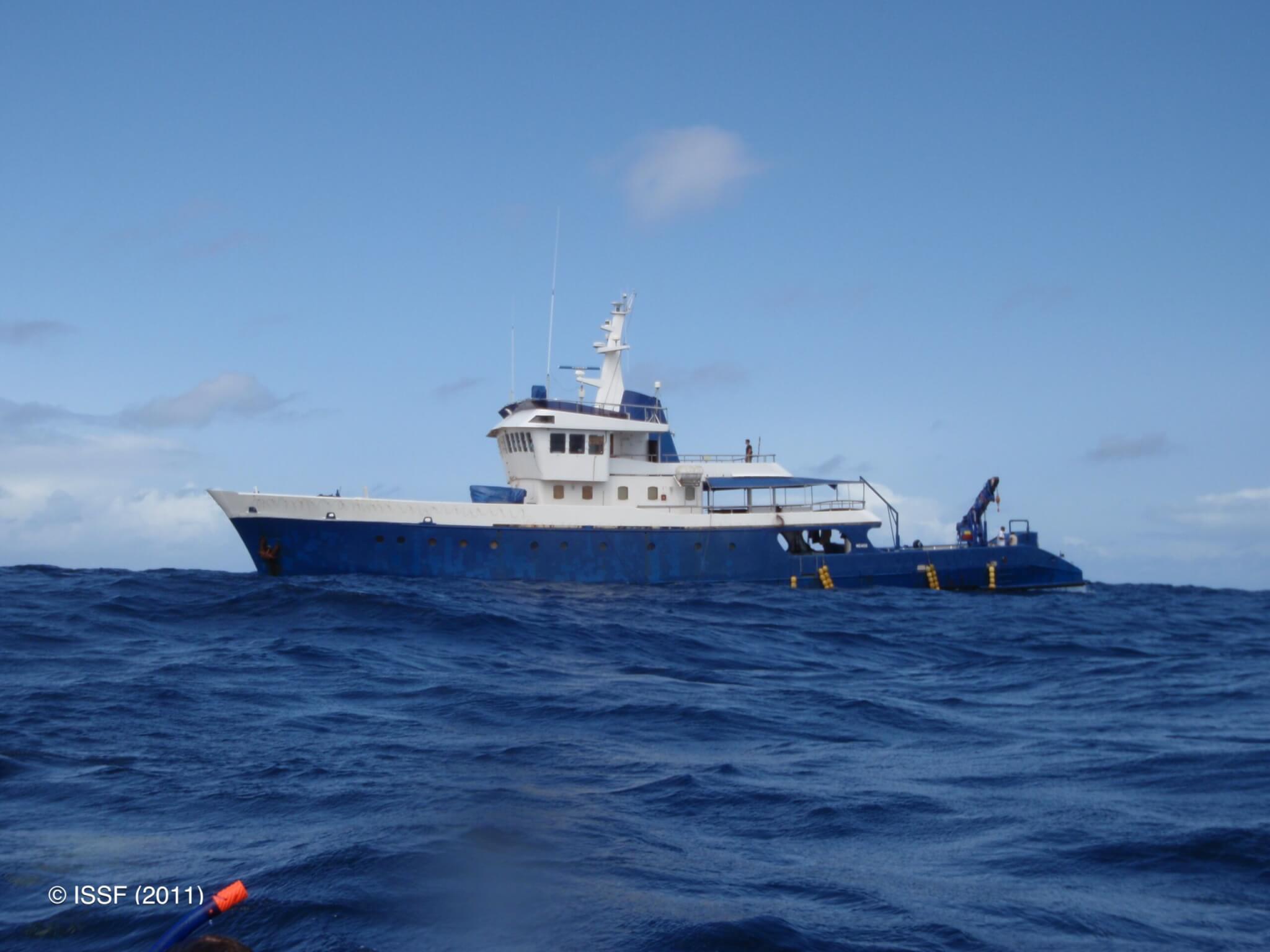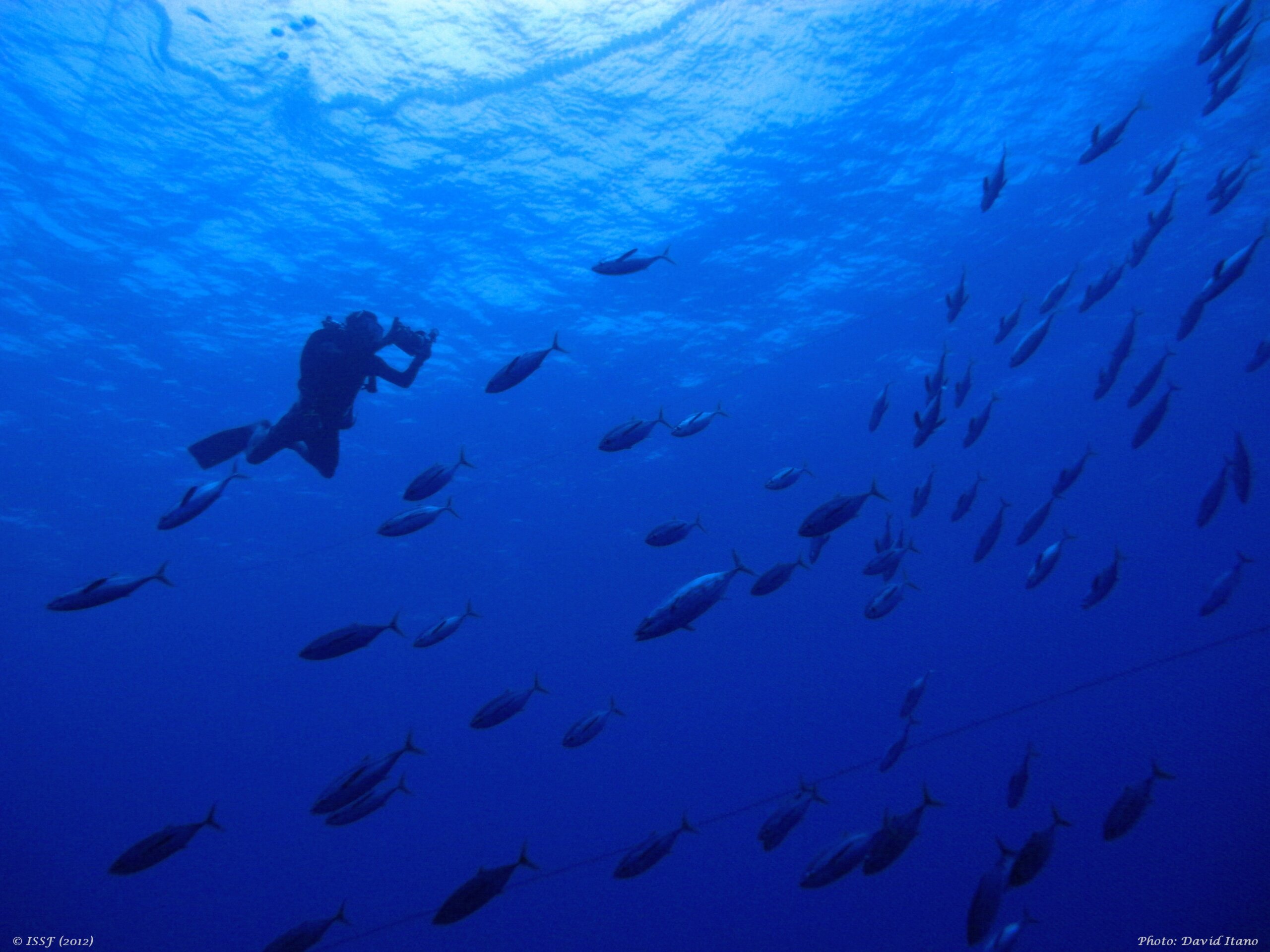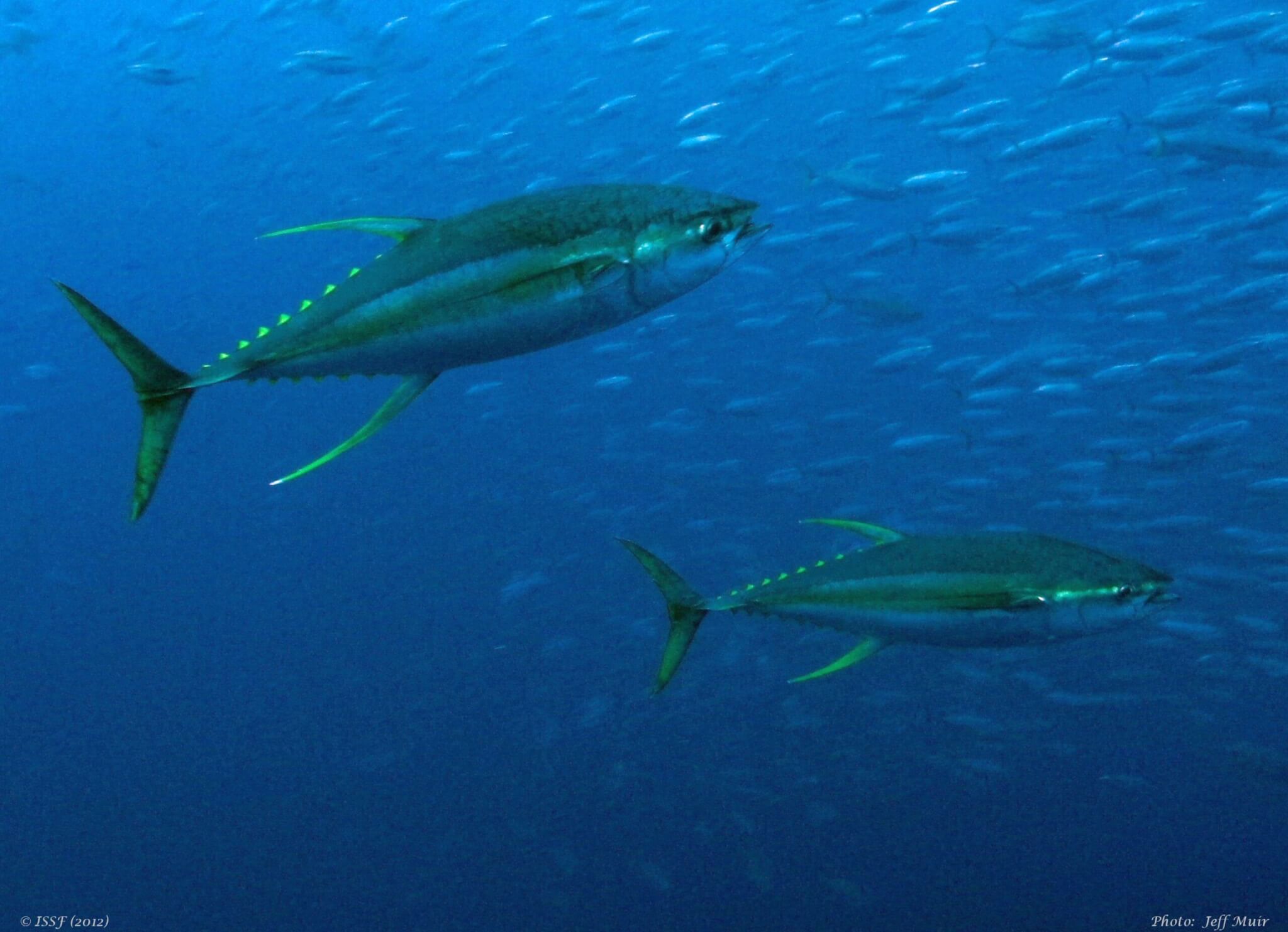
World Tuna Day and a “Decade of Discovery”
World Tuna Day (May 2) celebrates tuna as an essential resource in global economic development, employment, nutrition and food security. Today marks the eighth World Tuna Day ISSF has celebrated in our organization’s history, and it is a noteworthy opportunity to look back at how far we’ve come.
ISSF launched in 2009 with eight tuna companies, the World Wildlife Fund (WWF) and a group of committed scientists to form a partnership focused on the conservation of tuna and bycatch reduction. In that inaugural year, we created our first global Status of Stocks Report and established our first ISSF conservation measure. We’ve added pages of technical, data-rich content and dozens of conservation measures since then. And as ISSF has grown, so too has a concern for sustainability in the industry, fisheries research initiatives and policies governing commercial tuna fishing.
As we reflect on World Tuna Day, the importance of looking back at the accomplishments made by the industry, by researchers and in the governance and management of tuna cannot be overstated. It is in that spirit that ISSF created its Decade of Discovery Timeline, highlighting milestones in our organization’s ten-year history such as:
2009
1st Technical Report: ISSF’s first technical report examines excess fishing capacity in tuna fisheries – and its conservation impacts – arguing for coordinated RFMO efforts to manage it
2010
IUU Conservation Measures: Measures 1.1 and 4.1 adopted to help eliminate illegal fishing through authorized vessel record and unique vessel identifier (IMO) approaches
2011
1st Research Cruise: Scientists in Eastern Pacific Ocean study fish aggregating device (FAD) design and fish behavior at FADs
2012
ISSF Guide to Non-Entangling FADs: ISSF publishes the go-to guide for skippers, vessel owners and fishery managers on how to design and deploy FADs that reduce entanglement of marine life
2013
Harvest Strategies: ISSF establishes developing harvest strategies as global priority for RFMO outreach
2014
Capacity transfer workshop: Outcomes of prior capacity management workshops recognize that the issue of capacity transfers is fundamental and a means of accommodating coastal states’ rights, which leads ISSF to convene the first global workshop to discuss the issue
2015
1st Compliance Report: ISSF publishes its first aggregate ISSF participating company compliance report
2016
Biodegradable FAD Workshop: Fishers and scientists brainstorm FAD designs made with natural materials to reduce marine pollution from fishing
2017
83 joint letter co-signers: Record-high number of NGOs, participating companies, tuna processors and importers, industry associations, retailers, and food service companies co-sign ISSF joint letter to RFMOs
2018
RFMO Non-entangling FAD Measures: IATTC and WCPFC join IOTC and ICCAT in incorporating non-entangling FAD designs – based on ISSF Guide to Non-Entangling FADs – in their conservation measures
2019
ISSF Seafood Sustainability Contest: ISSF invites marine science graduate students and postdoctoral researchers to submit ideas for bycatch reduction and ecosystem protection
These milestones are just a small sample of the achievements and initiatives over the last ten years that we are proud to have made a reality. There are many more accomplishments worth celebrating on this World Tuna Day, both from our organization and the many others who work hard every day to ensure the long-term sustainable use of tuna stocks. The undertaking is so substantial that it has to be a collaborative effort in order to be successful.
Our Seafood Sustainability Contest aims to unlock ideas from rising stars in tuna conservation and science. Marine-science graduate students and postdoctoral researchers who have innovative ideas for the next generation of sustainable fishing practices are invited to enter the contest, and hopefully some of their solutions will be implemented in the future.
Recognized in 2011 by the Parties to the Nauru Agreement (PNA) and later established as an international event by the United Nations General Assembly to call attention to tuna’s global importance, World Tuna Day has created a day to honor the work of conservationists, fishers, fisheries managers and, perhaps most importantly, the scientists who provide the best available information to everyone involved. Today, ISSF is especially grateful to all of the partners we have worked with over the past ten years, and we remain dedicated to working with them in the pursuit of our shared sustainability goals.


